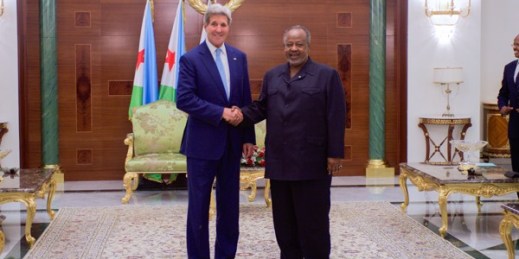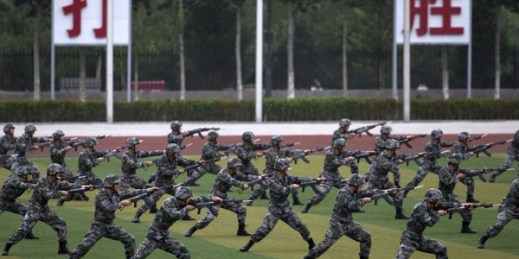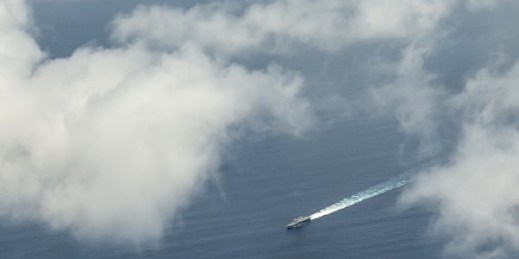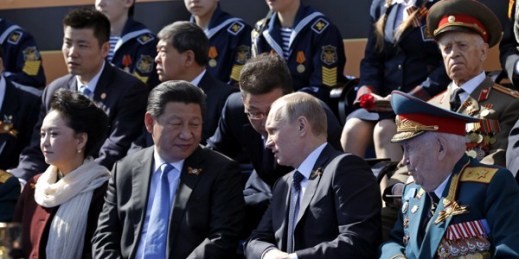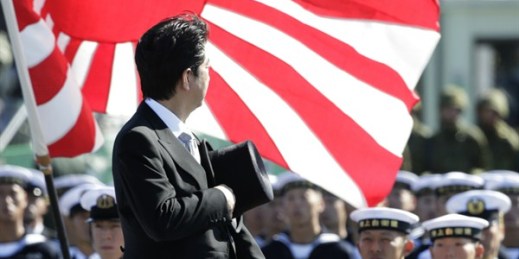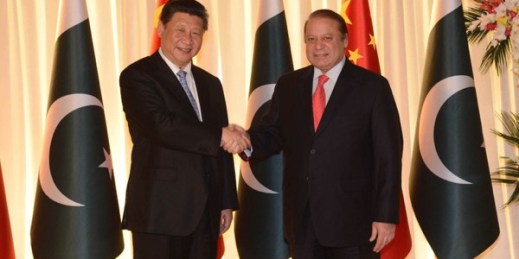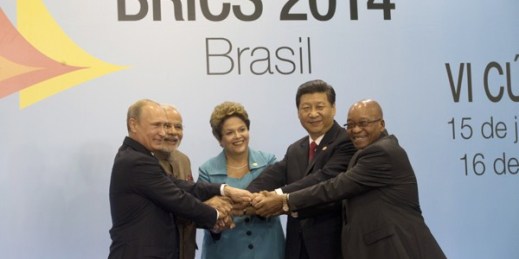
The BRICS grouping must rank as one of the oddest geopolitical blocs in history. It was born in 2001 from the mind of a Wall Street economist as little more than a mnemonic shorthand device to describe the growing importance of developing economies. Ever since, the five countries it comprises—Brazil, Russia, India, China and South Africa, a later addition—have been trying to transform their snappy acronym into a global player. Nobody has promoted the ambition to leverage the BRICS bloc into a source of influence more enthusiastically than Russian President Vladimir Putin, who sees the grouping as a potential vehicle […]

